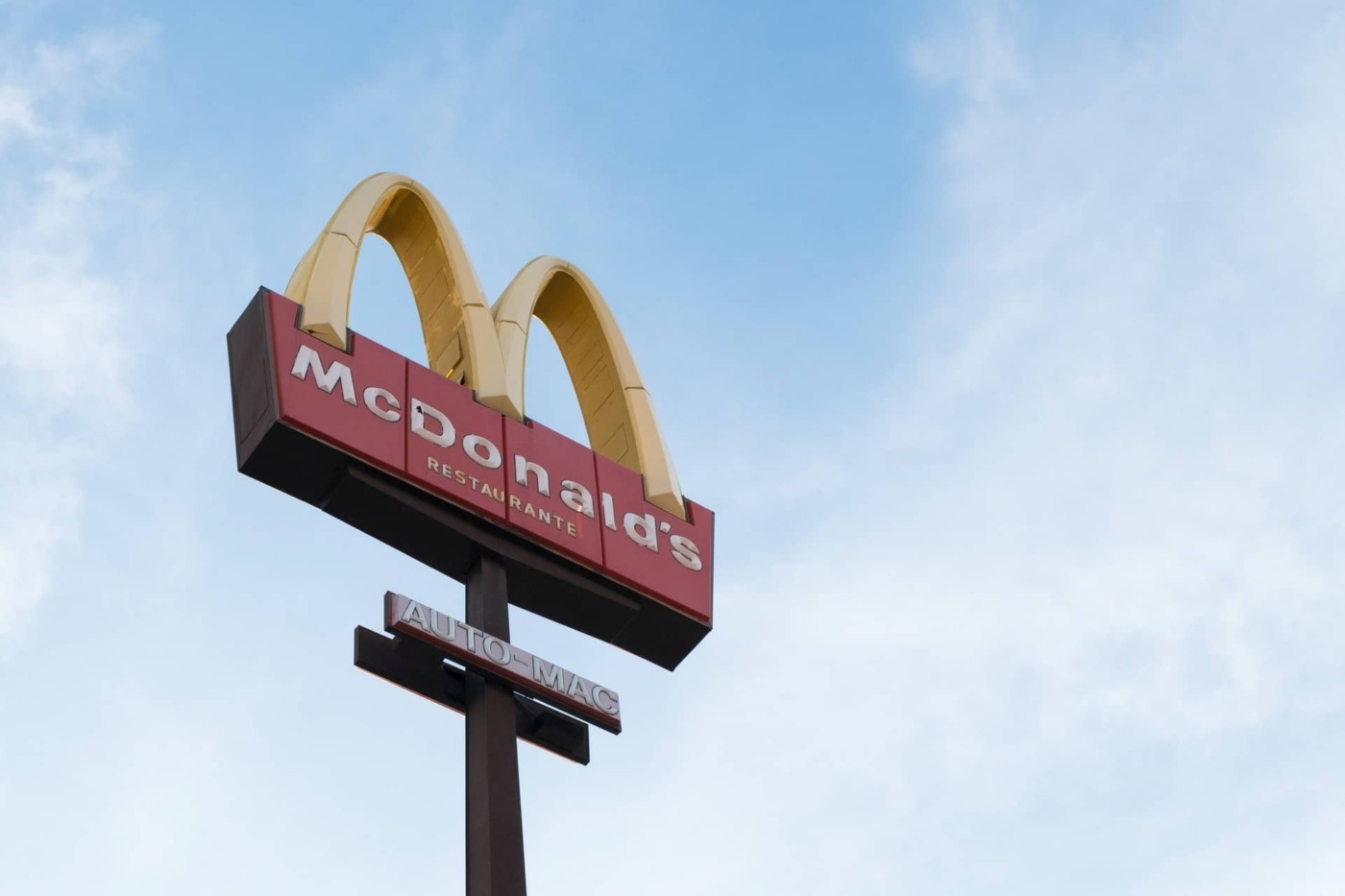McDonalds are now offering books with their Happy Meals
For many, one of the most iconic childhood memories about a trip to McDonalds was receiving a toy with our Happy Meal. Often little more than a plastic figurine, they still managed to invoke lots of excitement, at least for me!
However, McDonalds has decided to scrap the iconic plastic Happy Meal toy as the company follows the examples of many others trying to turn greener and produce less waste. In March, the company announced its plan to scrap plastic toys from 2021, instead offering a soft toy, a paper toy, or a book. It will be a move applauded by many environmentalist groups, as McDonalds will also run a ‘toy amnesty’ to let customers bring in unwanted toys. They will melt the plastic toys down and make them into new toys for their charity in the UK and Ireland. Fellow fast food competitor Burger King is also said to be following in McDonalds’ steps to ban plastic toys, showing a widespread attempt to become more environmentally friendly.
Not only does offering a book rather than a toy with a Happy Meal have obvious environmental benefits, it also helps children more directly. Whilst plastic toys were interesting to children for a few minutes before being discarded, books are a long-lasting item, stimulating children’s imaginations and giving other benefits such as expanding their vocabularies. Children will be able to choose between a sustainably-made toy or a book, and both will fall into the same theme which will change throughout the year.
The encouragement from big brands towards literature is an important message
Currently, children are able to choose between two books: Scooby-Doo and the Haunted Castle or Scooby-Doo and the Werewolf. Alternatively, they can get a bobblehead of one of the characters. The provided option is useful for children of different ages: those able to read can benefit from a free book, whereas younger children will enjoy the toy. Therefore McDonalds is able to cater better to a wider range of age ranges.
In fact, there are many scientifically supported benefits of children reading from a younger age, including developing empathy, improved literacy skills and higher concentration. In today’s culture, children are pushed towards screens and online games rather than more traditional forms of storytelling such as books. Therefore the encouragement from big brands towards literature is an important message. Getting children into literature when they are younger means they are more likely to continue reading for longer into their adulthood, rather than abandoning reading as soon as they leave school. Another key benefit is how reading can encourage bonding between families, as parents and older siblings can read to younger children, which carves important family time into our otherwise busy schedules.
Reading has also been shown to have significant mental health benefits. At a time when young children are experiencing unprecedented numbers of mental health problems, particularly anxiety and depression, reading has been shown to significantly help. It can lower stress levels by 68%, as all your attention is pulled into the story allowing cortisol levels to drop notably. As a result, reading can help dispel tantrums and other emotional outbursts from children.
With books being pushed as a normal and enjoyable part of a child’s development, we may see more children turning away from screen-related activities
However, some people may worry about the cognitive association being formed between reading and fast food. Reading is essentially a healthy mental and educational exercise, whereas fast food is known to have degenerative effects on health and weight. It can also be particularly dangerous for children as they develop. Therefore an unhealthy mental reward system may be being built in children’s minds between education and unhealthy food.
With the right explanations from parents I think this link can be avoided. Any scheme that introduces easily-accessible books to children, which have in themselves become more and more expensive in recent years, is creating huge benefits for them. With books being pushed as a normal and enjoyable part of a child’s development, we may see more children turning away from screen-related activities – they might instead return to ones that stimulate their educational and empathetic growth, as reading has been shown to do.
The discontinuation of plastic toys may also serve to educate the youngest generation on how best to adapt to look after our planet, which they one day will inherit. The marriage of environmental sustainability and literature is one that can benefit every child, and open their eyes to the wider world around them.

Comments